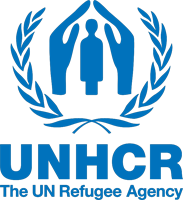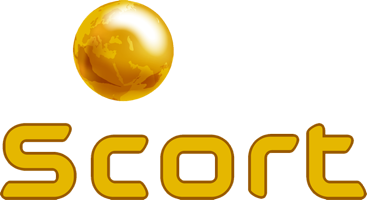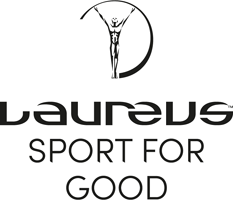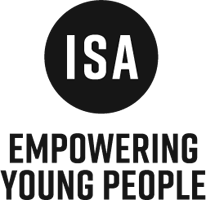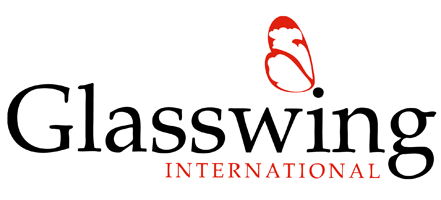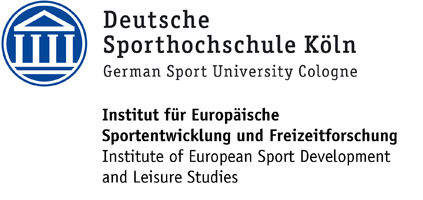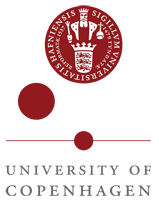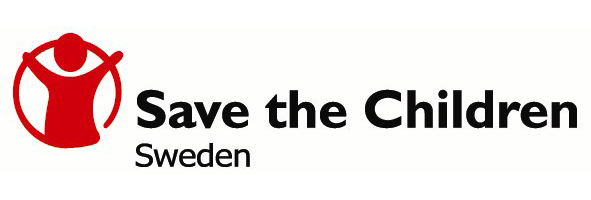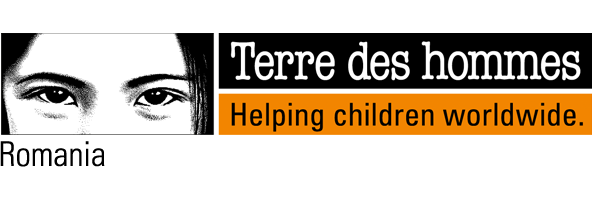
Global IRTS is a multi-stakeholder partnership that aims to address the dire challenge of including refugee children and adults into their new communities.
Global IRTS
Global IRTS project will make a significant and lasting difference for Integration of Refugees Through Sport. The partnership behind is unprecedented, comprising UN institutions, funding bodies, global networks, humanitarian organisations, and sporting bodies. And it is taking the international dimension of the Erasmus+ sport programme to a new level, with a truly global group of partners from both Erasmus+ countries and well beyond.
Integration of Refugees Through Sport (IRTS) is a growing eco-system and community of stakeholders that has evolved significantly over the last decade. Sport and play has been used for relief and integration for refugees for much longer, of course, but there is a growing volume of initiatives, methodologies and stakeholders that are engaging in this field.
Global IRTS
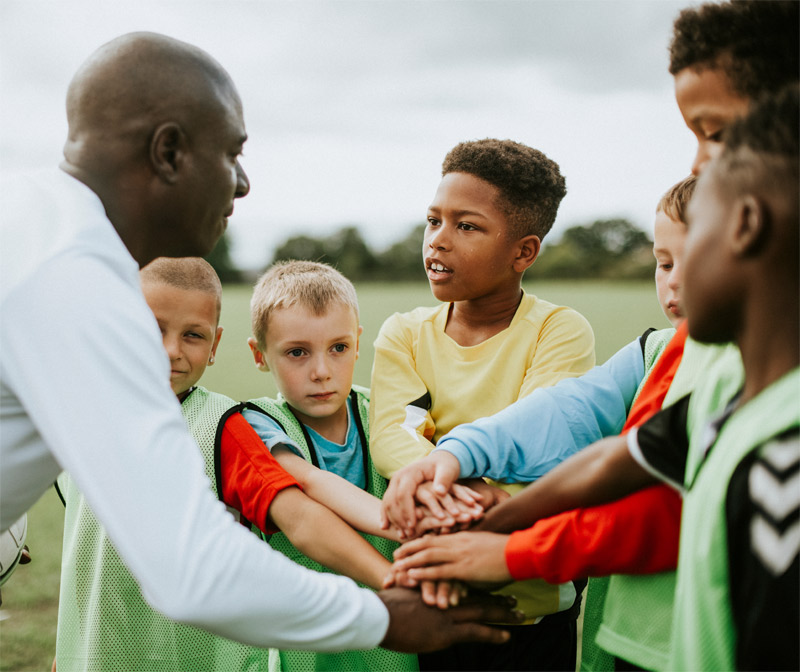
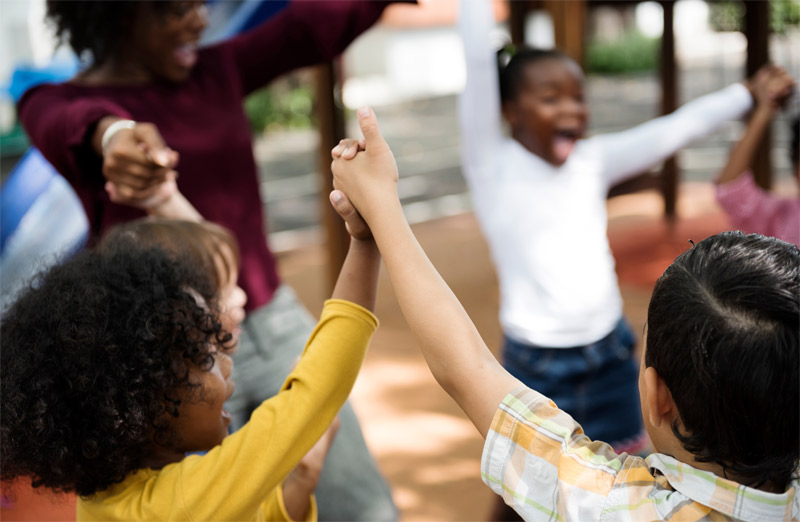
We firmly believe that the best way to ensure stakeholder engagement is through direct involvement and co-ownership. This is why we have created a project consortium that is very comprehensive in nature, with complementary roles and global representation. We believe the consortium has an extraordinary composition, and that it is both manageable and very valuable in light of the project objectives.
See the list of partners below.

Partners
Associated Partners and other supporters

"Funded by the European Union. Views and opinions expressed are however those of the author(s) only and do not necessarily reflect those of the European Union or the European Education and Culture Executive Agency (EACEA). Neither the European Union nor EACEA can be held responsible for them."



